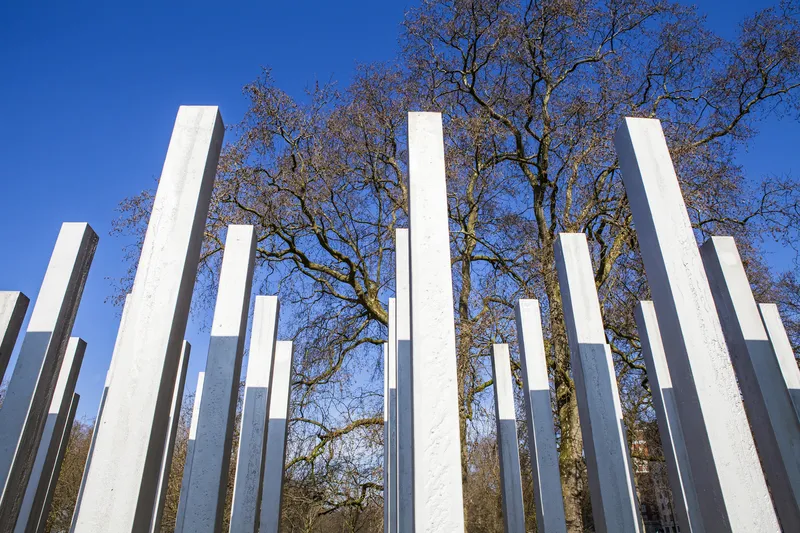
A memorial service has been held to mark the 20th anniversary of the 7/7 London bombings, which killed 52 people and injured several hundred.
During the morning rush hour on 7 July 2005, three devices were detonated by suicide bombers on London Underground trains at Aldgate, Edgware Road and Russell Square.
An hour later, a fourth bomber detonated his device on a double-decker bus in Tavistock Square.
At the event today at St Paul's Cathedral in the UK's capital, the names of the dead were read out by survivors of the attack.
At 8.50am - the time that the first bomb exploded - wreaths were laid at the 7 July memorial in London's Hyde Park by figures including UK prime minister Sir Keir Starmer and Sadiq Khan, the mayor of London.








